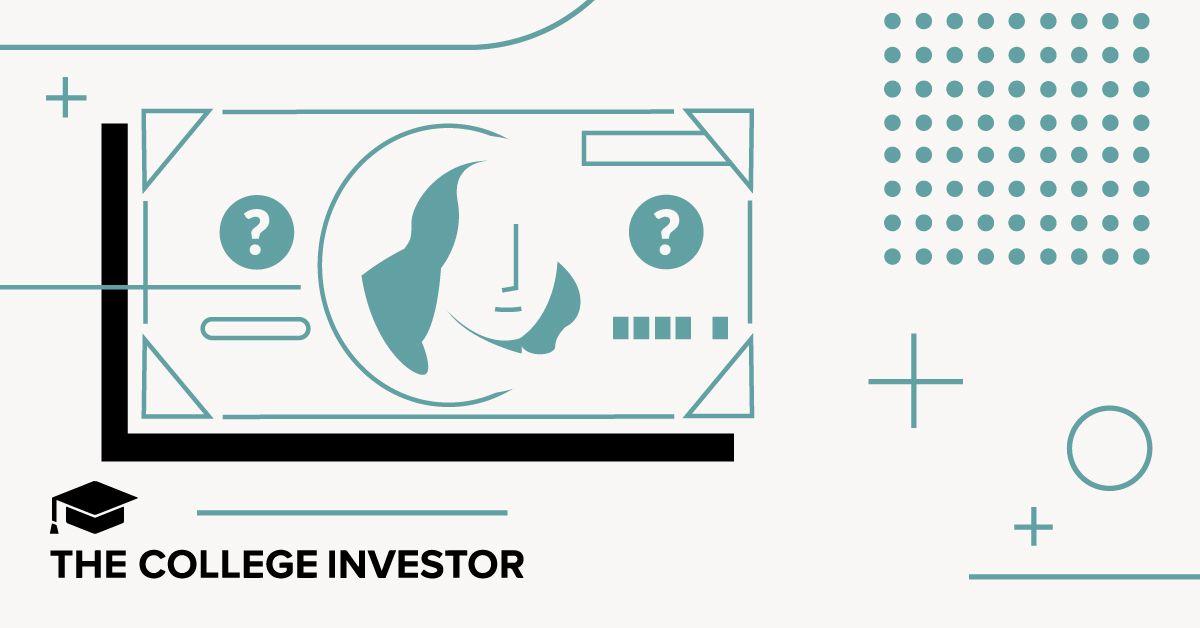
If you drop a class or drop out of college, you may have to repay all or part of the financial aid you received. How much depends on the type of financial aid and when you dropped the class or left school.
Even though the Federal Pell Grant is a grant that normally does not need to be repaid, you may have to repay all or part of it in certain circumstances.
And let's face it, even the best students may drop a class here and there. So here's what you need to know about the impact on your financial aid if you drop a class or even drop out.
Dropping a Class
Dropping a class may affect your enrollment status. Changes in your enrollment status may affect your financial aid eligibility, depending on when you dropped the class.
If you are no longer enrolled full-time, the Federal Pell Grant amount may be reduced in proportion to your enrollment status. The proration options include full-time, three-quarters time, half-time and less than half-time.
Twelve credits a semester is considered full-time for federal student aid purposes. This is even though you have to take 15 credits a semester in order to graduate within four years for an undergraduate Bachelor’s degree.
Eligibility for student loans is not prorated, so long as you are enrolled on at least a half-time basis. If you are enrolled at least half-time, you can borrow the full loan limits. If you drop below half-time enrollment, however, you lose eligibility for federal student loans entirely and your existing loans may enter repayment.
Here's How Timing Matters
If you drop a class...
- Before the start of the semester and before financial aid is disbursed: Your financial aid will be adjusted before disbursement and you will not owe a refund of your financial aid.
- After financial aid has been disbursed but before your college’s add/drop deadline: your financial aid will be adjusted. Then, you may be required to repay all or part of the financial aid you received.
- After financial aid has been disbursed and after the add/drop deadline: Your financial aid will not be adjusted. You may still owe tuition. At most colleges, you don’t get a tuition refund if you drop a class after the add/drop date.
School is expensive. Here are ways to pay for it.
What To Do Once You Drop Out of College
If you drop out of college, there is a complicated set of rules called Return of Title IV (R2T4) that specify how the withdrawal affects your eligibility for federal student aid.
The following summary covers just the essentials.
Federal student aid is earned on a proportional basis up until 60% of the way through the semester, at which point you are considered to have earned 100% of your financial aid.
Any unearned aid must be repaid. If you withdraw after reaching the 60% point, your federal student aid will not have to be returned to the federal government. Learn more about when you have to repay grants.
Federal loans must be returned before grants. The goal is to leave the student who withdraws with as little debt as possible.
Note that the college’s refund policy does not necessarily match the R2T4 rules. Many colleges do not provide refunds if a student drops out after the add/drop date.
Will You Have to Repay Your Student Loans?
If you drop out of college or drop below half-time enrollment, you will have to start making payments on your student loans. Your loans will enter repayment six months after you graduate, drop out of college or drop below half-time enrollment.
If you re-enroll in college on at least a half-time basis, you won’t have to make payments on your federal student loans. This is because your federal student loans will once again be in an in-school deferment. If you re-enroll during the six-month grace period, your grace period will be restored.
If you struggle to make payments on your student loans, there are a few options for dealing with financial difficulty, some short-term and some long-term.
- Short-term: Economic hardship deferment, unemployment deferment and general forbearances. The deferments and forbearances suspend repayment for up to three years each. Interest may continue to accrue.
- Long-term: Income-driven repayment plans, which base the monthly payment on your income as opposed to the amount you owe. Income-driven repayment plans often yield a lower monthly payment than extended or graduated repayment.
What If You Have to Repay Financial Aid?
If you have to repay your Federal Pell Grant, you will have 45 days to repay the overpayment or make satisfactory repayment arrangements.
Failing to repay the Federal Pell Grant may affect your ability to return to college or to qualify for more financial aid. Some colleges will withhold your academic transcripts and diplomas if you owe a debt to the college and have not made satisfactory repayment arrangements.
Satisfactory Academic Progress (SAP)
Dropping classes may affect your future eligibility for federal student aid.
You must maintain Satisfactory Academic Progress (SAP) to be eligible for federal student aid. SAP requires you to maintain at least a 2.0 GPA on a 4.0 scale.
It also requires you to be taking and passing enough classes to be on track to graduate within 150% of the normal time-frame for your degree (e.g., within 6 years for a Bachelor’s degree and within 3 years for an Associate’s degree).
Dropping classes may cause you to no longer make SAP, jeopardizing future aid eligibility.
What to Do Before You Drop a Class or Drop Out
Before you drop a class or drop out, contact the college’s financial aid office to ask about the impact on your financial aid.
You should also explore other options besides dropping a class or dropping out. Most colleges have academic support services, such as free tutoring, writing centers and academic counseling centers, that can help you deal with academic challenges.
The financial aid office may also offer emergency financial aid funds if you are thinking of dropping out because of money problems. The goal of emergency aid is to help keep you in school, so that small financial problems don’t escalate.
Frequently Asked Questions
What happens if you fail a class? Do you have to repay your grants?
If you fail a class, you don’t have to repay your grants. It is only if you drop a class or drop out of college that you may have to repay your grants.
If you fail a class, however, you may lose eligibility for future grants if you are no longer maintaining Satisfactory Academic Progress.
If you fail a class, you do have to make payments on your student loans after you graduate or drop below half-time enrollment, the same as if you passed the class. You don’t get a refund for failing a class.
Can I get a Federal Pell Grant at more than one college?
You cannot get a Federal Pell Grant at two colleges at the same time. If you happen to receive a Federal Pell Grant at two or more colleges, you will have to repay the extra Federal Pell Grants. When a student receives two or more Federal Pell Grants at the same time, it is flagged in a federal database that tracks the federal grants and loans received by each student and the college financial aid administrators will be notified.
What about private scholarships?
Private scholarships have their own rules. Some scholarships adopt rules like the ones for federal student aid. Others require you to repay the money in-full if you drop out. Check with the private scholarship provider for their rules.

Mark Kantrowitz is an expert on student financial aid, scholarships, 529 plans, and student loans. He has been quoted in more than 10,000 newspaper and magazine articles about college admissions and financial aid. Mark has written for the New York Times, Wall Street Journal, Washington Post, Reuters, USA Today, MarketWatch, Money Magazine, Forbes, Newsweek, and Time. You can find his work on Student Aid Policy here.
Mark is the author of five bestselling books about scholarships and financial aid and holds seven patents. Mark serves on the editorial board of the Journal of Student Financial Aid, the editorial advisory board of Bottom Line/Personal, and is a member of the board of trustees of the Center for Excellence in Education. He previously served as a member of the board of directors of the National Scholarship Providers Association. Mark has two Bachelor’s degrees in mathematics and philosophy from the Massachusetts Institute of Technology (MIT) and a Master’s degree in computer science from Carnegie Mellon University (CMU).
Editor: Claire Tak Reviewed by: Robert Farrington